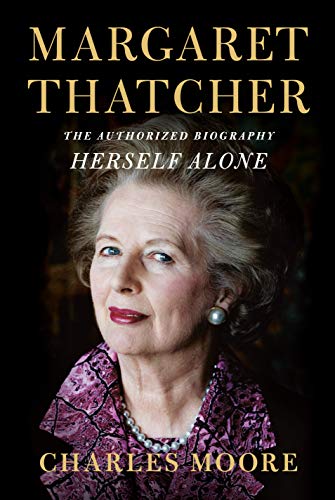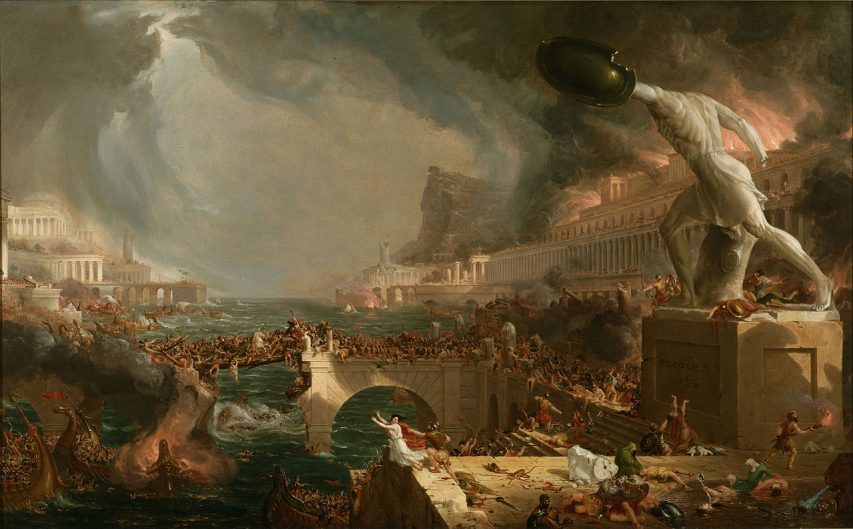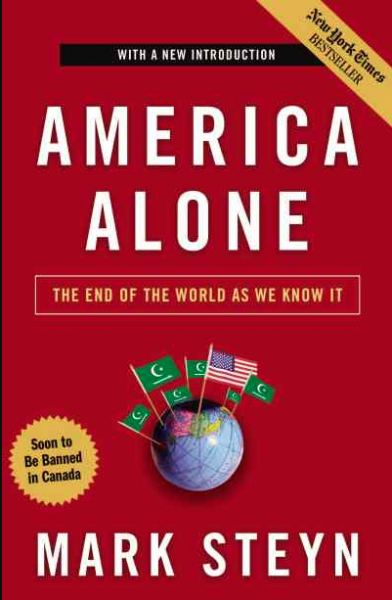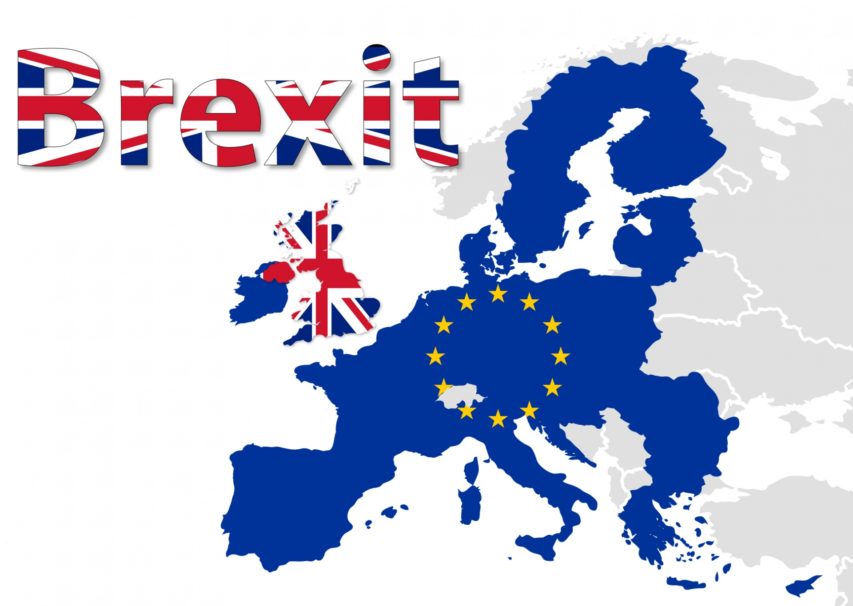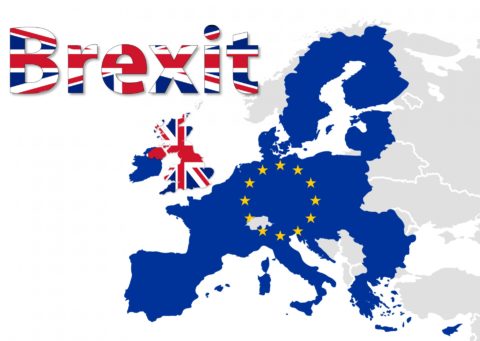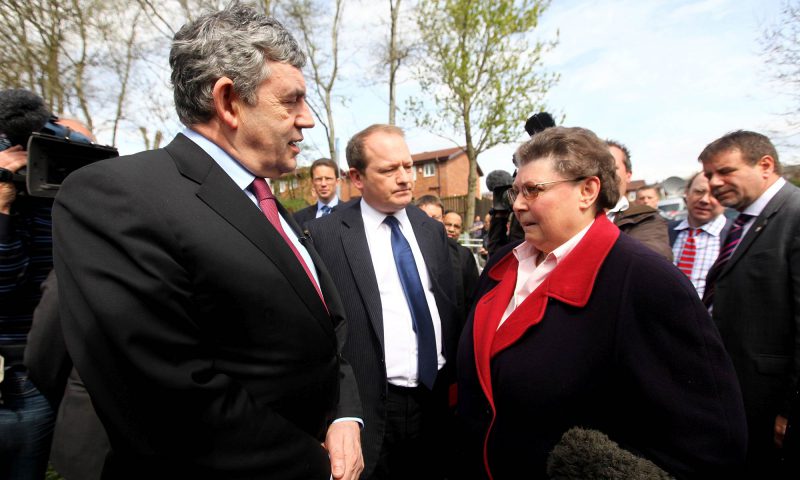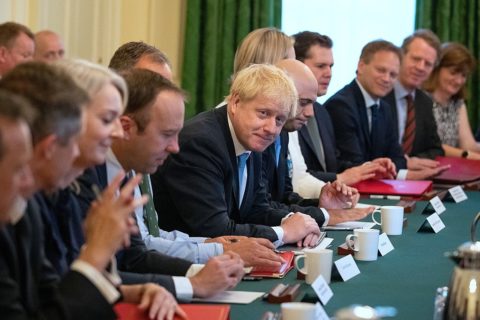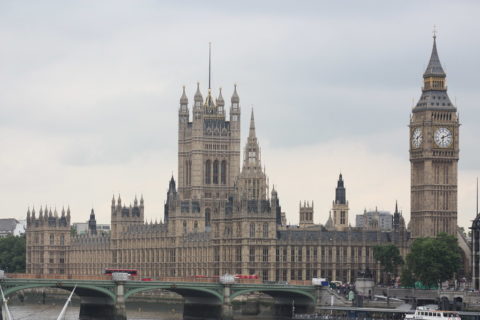Charles Moore published the third volume of his Thatcher biography last year (I’ve read the first two volumes, but not the final one). In Quillette, Johan Wennström reviews the book:
This November will mark 30 years since former British Prime Minister Margaret Thatcher left office. After she had narrowly failed to secure an outright win in a 1990 leadership contest triggered by a challenge from Michael Heseltine, her former defense secretary, the majority of Thatcher’s Conservative cabinet colleagues withdrew their support and forced her departure following what she described as “eleven-and-a-half wonderful years.”
For Thatcher, the “coup,” as she referred to the events of 1990, had been unexpected. But as journalist Charles Moore explains in the third and final volume of his authorized Thatcher biography, Herself Alone (2019), the writing had been on the wall for some time. Thatcher’s style, which some considered abrasive, had turned senior figures against her. And many younger party members believed that if the party were to win a fourth consecutive election victory, in 1991 or 1992, it should be under a new standard-bearer (who turned out to be John Major).
An important underlying factor was the long-standing policy conflict regarding the European Community (or the EC as the European Union was then known), which pitted Thatcher against many in her own government, as well as against continental European leaders and George H. W. Bush’s White House. She was perceived as a “Cold Warrior” who was overly cautious in regard to the future of Europe, especially the project of European political and economic integration.
To some modern observers, that criticism of Thatcher remains apt. In a recently published book on international relations authored by former Swedish Prime Minister Carl Bildt, The Age of Disorder (Den nya oredans tid, 2019), Thatcher’s reluctance to endorse a speedy German reunification is attributed to her obsolete anxieties regarding “the dangers of a strong Germany.”
Moore’s latest volume, which focuses extensively on Thatcher’s views about Europe, shows her in a more nuanced light. In some ways, in fact, she was actually ahead of her time. And some of the current problems facing Europe, and the West more generally, might have been mitigated had her opinions been given a more generous audience.
Unfortunately, I don’t have the money for new hardcover books these days so I’ll have to wait until this volume gets a paperback edition or [shudder] get a library card and wait for it to show up at the local library.

